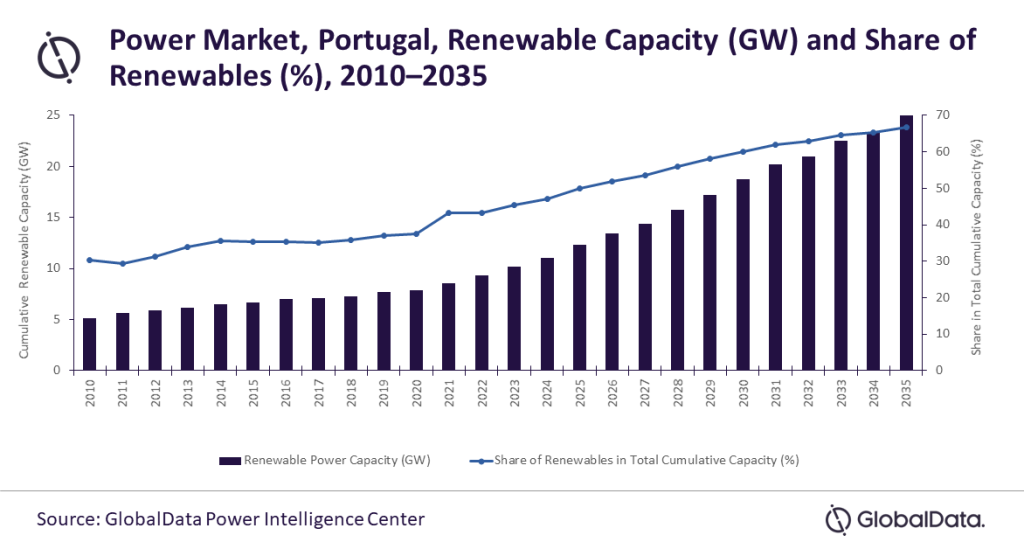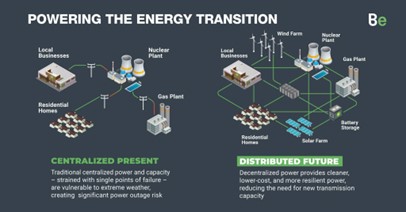
Lagos — The Portuguese government revealed plans to expedite renewable power development in April 2022, amid the ongoing war between Russia and Ukraine. The government set a target to achieve 80% of its electricity generation from renewables by 2026, four years earlier than previously planned.
To achieve the new target, the country needs to invest heavily on energy storage solutions and upgrading its national grid, says GlobalData a leading data and analytics company.
GlobalData’s latest report, ‘Portugal Power Market Size, Trends, Regulations, Competitive Landscape and Forecast, 2022-2035’, reveals that Portugal may very well achieve its updated target given the successful track record over the last two decades. The country witnessed immense growth in its renewable capacity, whose share increased from just 7.9% of the country’s capacity mix in 2000 to 30.2% in 2010 and 43.3% in 2021.
Attaurrahman Ojindaram Saibasan, Power Analyst at GlobalData, comments: “Renewables growth in Portugal is attributed to strong policy implementation and incentives offered by the government, such as the introduction of Feed-in Tariffs (FiT), which was pivotal in the growth of renewable power plants in the initial phase. After FiTs were stopped for new power plants in 2012, the country introduced alternative support schemes for small renewable power plants and auctions for large power plants to continue the growth of renewable power.”
Existing long-term goals also provide a positive outlook for renewables in the country. Under its National Energy and Climate Plan (NECP) 2021-2030 (NECP), the government set a target to generate 47% of its gross final energy consumption from renewable sources by 2030. The government also ratified the Paris Climate Agreement in 2015 and aims to achieve net carbon neutrality by 2050.
To achieve this, the country introduced a long-term plan called ‘Roadmap to Carbon Neutrality 2050’ – Roteiro para a Neutralidade Carbónica (RCN2050), which is in line with the goals listed under NECP. In 2022, the government also announced that it plans to mobilize EUR 25bn ($25.4bn) in the next 10 years to expand its renewable capacity.
Saibasan adds: “One of the major challenges for Portugal’s power sector is the lack of grid connection. Portugal is located on the very edge of mainland Europe and the fact it only shares a land border with Spain, means its isolation is hindering the growth of renewable power in the country.”
In recent years, with the proliferation of renewable power and massive hydropower capacity, Portugal has been producing more power than its actual consumption. However, having only grid connection with Spain, the excess generated power without a robust connected energy grid or ample storage could go to waste.
Saibasan concludes: “With energy storage solutions and a robust grid system, the country can reduce electricity imports, improve efficiency, increase renewable generation, and meet its climate goals.”
Follow us on twitter



